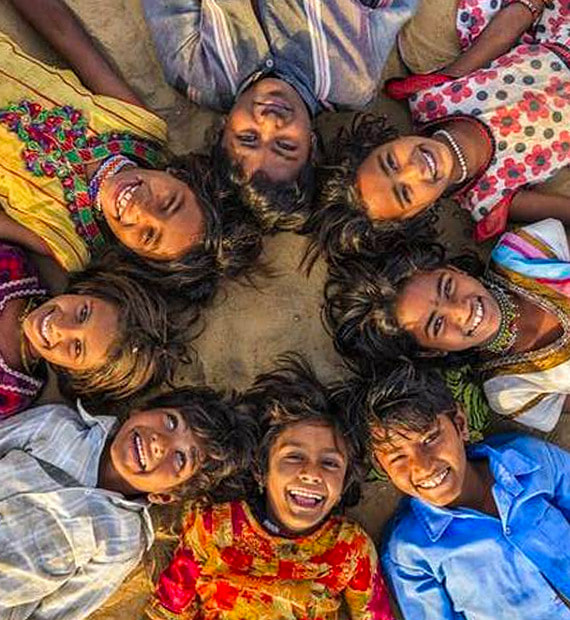Education as a Human Right for Girls & Women in the pandemic context – A case for investment10/12/2023 Turn the Bus Application
Ensuring that students passing out of 12th grade have access to reliable course learning is a challenge organizations like Turn the Bus are addressing in rural Bihar. For a state that has struggled hard to achieve a literacy rate of 63.82% (73.39% for males and 53.33% for females), not paying attention to literacy of girls will only pull back the gains made thus far, especially with the closures in schools across the country in wake of COVID-19. In response to this challenge, the TTB mobile app is being launched among 12th grade students to keep them engaged with their school curriculum, learning through basic audio and video applications in vernacular Hindi. So far, the app has been used in two of the least developed districts of Bihar. COVID-19 and its implications for girls and women’s education In the COVID-19 pandemic, girls face a greater challenge: their failing dreams and aspirations. A TTB led study on digital parity among male and female students recently brought to light some of the grave inequalities that exist between sexes at the household levels. For one, the female participation was low, given low access to mobile phones among the girls. These disparities lay bare pitfalls in access to education on virtual platforms. While a push towards remote learning is understandable, the current system is insufficient to serve as a suitable alternative to in-person learning, especially in rural India. A key component of the gender digital divide pertains to the ownership of smart phones. Following the current trajectory, there needs to be aggressive campaigning on ‘education as a human right of girls and women in the pandemic context’. We know from experiences documented[1] from previous natural disasters that school closures lead to significant learning loss as girls are delegated with household responsibilities, childcare, child labour, unwanted pregnancies and even transactional sex. What is being done Turn the Bus plans to work with teachers, focusing on their working conditions to ensure that they perform to the best of their abilities and reach-out through the digital solutions (TtB application) during the COVID-19 pandemic, as they are the single point of contact to realize and affect students’ educational goals. Turn the Bus is moving ahead with the plan of involving the head teachers in government aided schools by providing them training and support to transition to distance learning while schools remain shut. What more can be done Keeping girls and women focused on their educational goals during pandemics is extremely difficult to achieve. Education interventions have to be targeted at reaching the ‘last mile’ and the most disadvantaged do drop out, if not provided with support. One solution can be that different state education departments now include digital classes (based on availability of digital infrastructure, emphasis on using low-tech solutions - radio/television and distributing printed materials where digital penetration is limited) in their district action plans. New partnerships, collaborations and support are needed to expand to invest in girls future in Bihar. [1] https://www.cgdev.org/blog/covid-19-and-girls-education-what-we-know-so-far-and-what-we-expect-happen
0 Comments
Leave a Reply. |
Archives
March 2024
Categories |
21213 SE 42nd Pl.
Issaquah WA 98029
Issaquah WA 98029
Turn the Bus is a registered 501 (c) (3) US nonprofit organization.
© Turn the Bus. All rights reserved.
© Turn the Bus. All rights reserved.


 RSS Feed
RSS Feed
